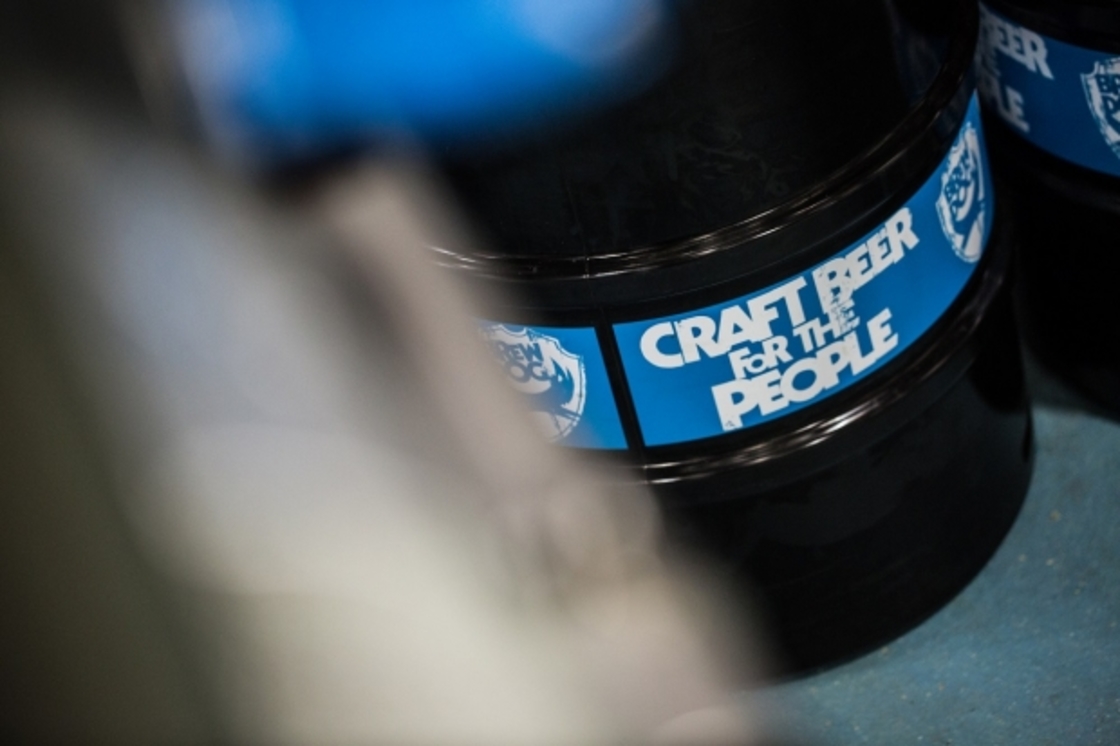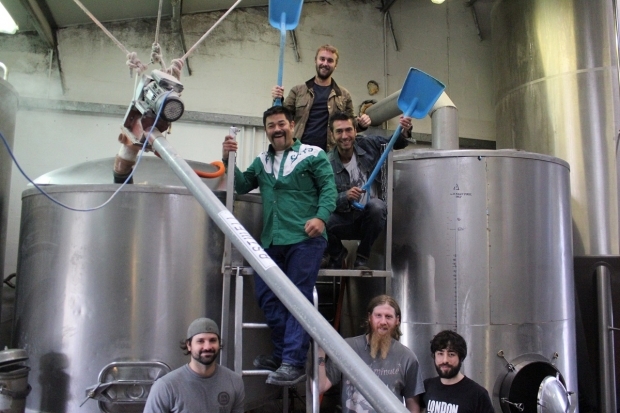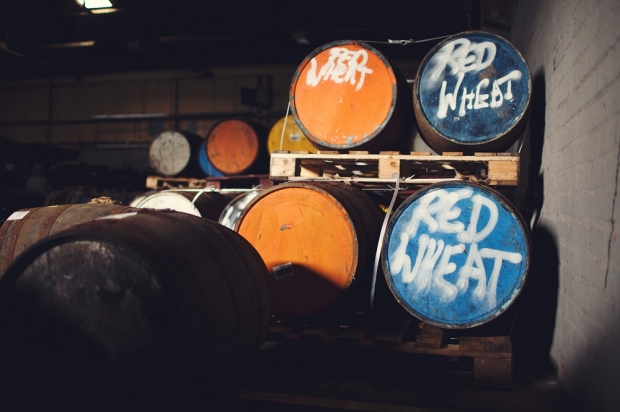Defining Craft Beer Take 2

Our previous blog which we posted here certainly generated a spirited discussion around firstly whether craft beer needs a definition and secondly how to go about defining it. Our position on this remains resolute: We firmly believe craft beer needs a recognised definition in the UK and we want to work together with SIBA and the brewing industry to make this happen.
There is also strong precedent for legally defining Craft Beer. Legal definitions are everywhere and are designed to protect a product’s reputation from poor imitations. ‘Bourbon’, ‘Whisky’ and ‘Champagne’ are 3 examples where they have protected premium drinks from cheaper imitations and helped both the consumer and the category in the process. Cheddar Cheese anyone?

We welcomed all the feedback we got on our proposed definition last month and have now taken account of this discussion by putting together a further draft for consideration. We again, would like to stress here, that this is a draft for discussion and would need acceptance and backing from UK craft brewers and from SIBA to have value.

We believe a definition is important for the following reasons:
Firstly, to protect craft brewers and what we are all working hard to build. Secondly to help retailers promote craft beer and structure their offerings to enable strong growth in the category. Thirdly, to help guide consumers and ensure they are protected from being exploited by monolithic mega corporations masquerading as craft brewers. Fourthly to enable true craft brewers to charge a fair and sustainable price for their beers. Fifthly, to enable the category to grow as strongly in the UK as it has in America.
Jack Rutherford, Ale & Stout Buyer for Sainsbury’s agrees: ‘An official definition of craft beer from an industry body would help provide a more structured customer offering, and also enable us to do more to grow and champion the craft beer category.’
We propose that the definition of craft beer is a beer brewed by a craft brewer at a craft brewery. The challenge then becomes around defining craft brewer and not craft beer. Our new proposed definition is as follows:
A European Craft Brewery:
1) Is Authentic
a) brews all their beers at original gravity.
b) does not use any adjuncts to lessen flavour and reduce costs.
2) Is Honest
a) All ingredients are clearly listed on the label of all of their beers.
b) The place where the beer is brewed is clearly listed on all of their beers.
c) All their beer is brewed at craft breweries.
3) Is Independent
Is not more than 20% owned by a brewing company which operates any brewery which is not a craft brewery.
4) Is Committed
If the brewer has an estate, at least 90% of the beer they sell must be craft beer.

We feel it is very difficult to argue against any of these points individually and collectively they offer a strong definition of craft brewery. They would hold everyone in the craft beer industry to a high standard of accountability and prevent faux craft beers from deceiving consumers and bastardising the category in the same way mega corporations have bastardised the pilsner beer style over the last 50 years.
Craft beer needs a definition, and that definition needs something tangible and solid. Everyone who brews, drinks and cares about great beer will be stronger as a result. We want a definition to be recognised by SIBA and also at a European level by The Brewers of Europe Association.
James & Martin x

Join the Discussion
Comments (35)